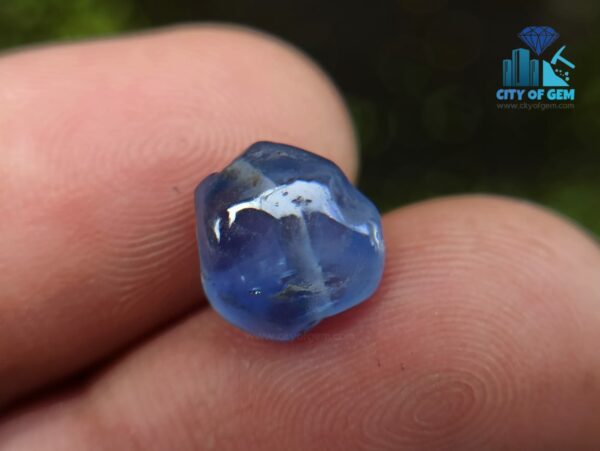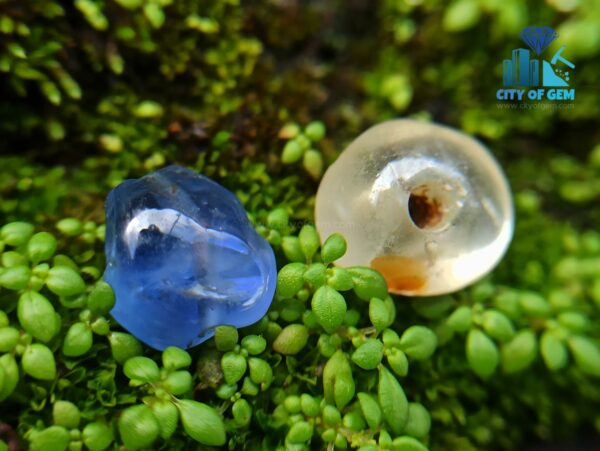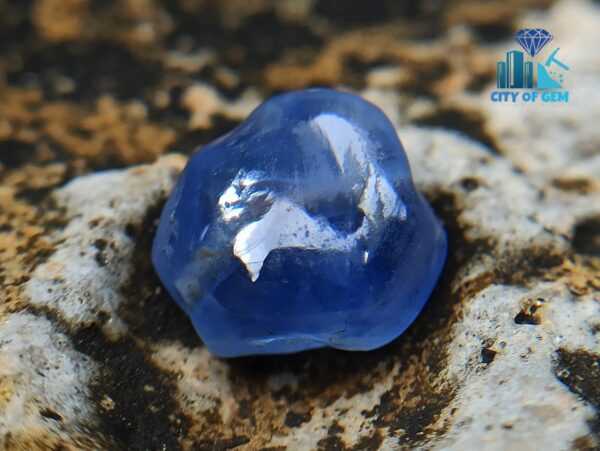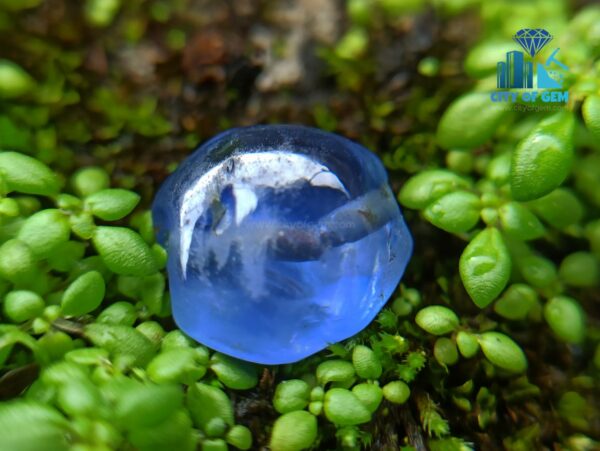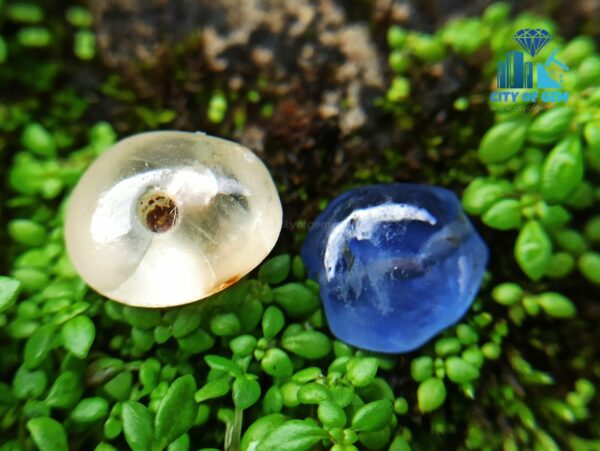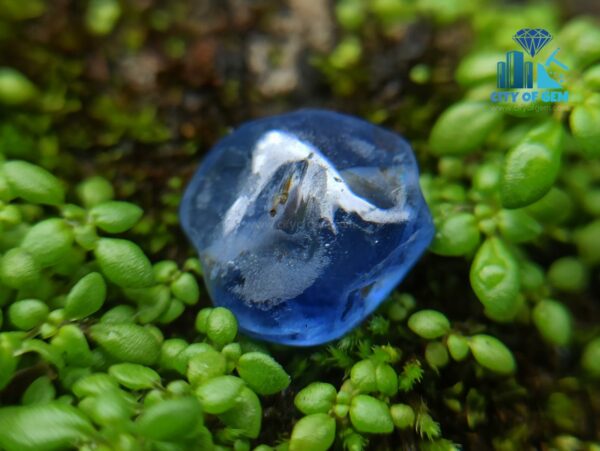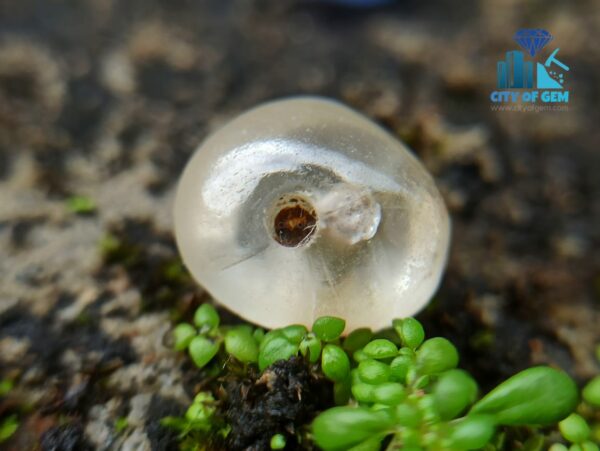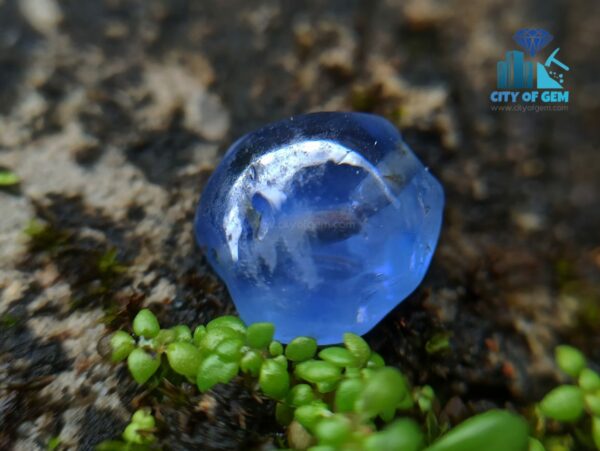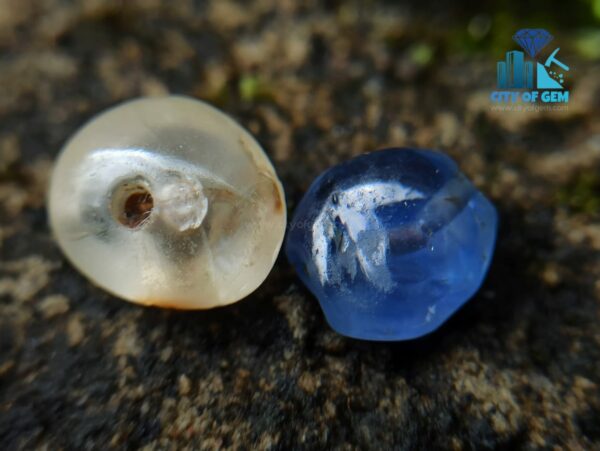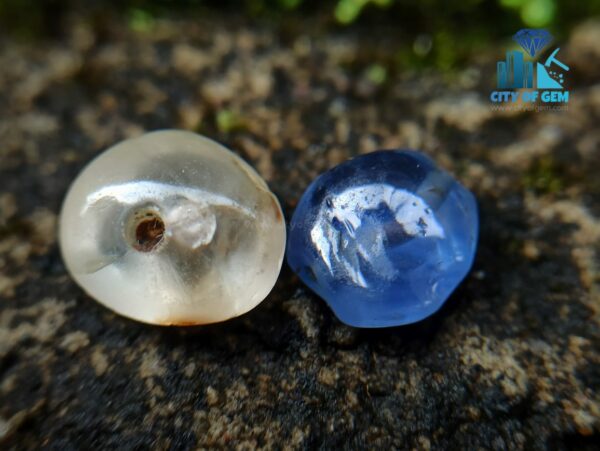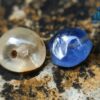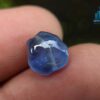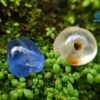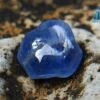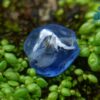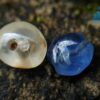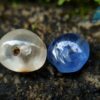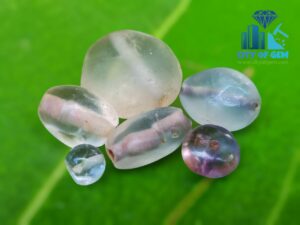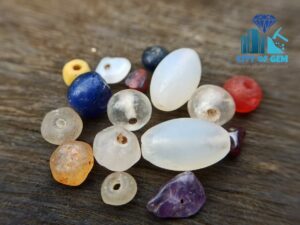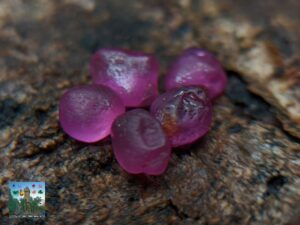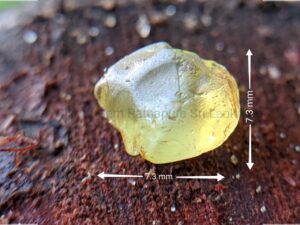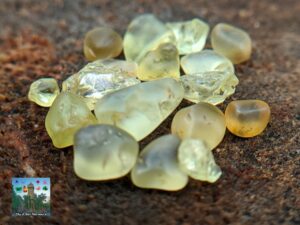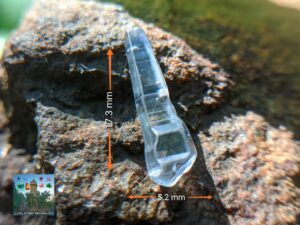Description
“Unveiling the Treasures: Ancient Blue and White Sapphire Mukkaru Beads from Sri Lanka”
In the vast tapestry of history, some stories remain hidden, waiting to be unearthed. Today, we unravel a tale that spans centuries and continents – the story of Ancient Blue and White Sapphire Mukkaru Beads from Sri Lanka.
A Glimpse of the Past: 700-1000 Years Ago
These beads, totaling 6.95 carats and 3.82 carats in weight, hold within them a piece of history. They come in two captivating colors – Cornflower Blue and White, each with its unique allure. Their clarity, though included, boasts transparency, allowing us to peer into their ancient origins.
Mukkaru: The Gem Specialists from Afar
These beads were not crafted by ordinary hands but by the Mukkaru, an ancient race that migrated to Sri Lanka during the reign of ancient kings. The Mukkaru were no ordinary settlers; they were gem specialists, drawn to this land for its abundant gem resources. Armed with their expertise, they embarked on a mission of mining and trading gems.
A Symphony of Ancient Techniques
What sets these beads apart is not just their origin but the way they were fashioned. The Mukkaru mastered the art of polishing even the hardest stones like Sapphire, with a remarkable Mohs hardness of 9. They employed traditional polishing techniques, using kabarondum dust, to carve these beads into intricate shapes. The result: necklaces and jewelry that bore witness to their unparalleled craftsmanship.
Rediscovering Mukkaru’s Legacy
Today, we stand at the crossroads of history, revisiting the very mines where the Mukkaru once toiled. Here, we unearth gems they left behind and those that were undervalued in their time, now transformed into highly prized treasures. A notable example is Spinel, once a gem of little worth, now commanding significant value.
Emulating Ancient Mastery
These beads serve as a testament to the Mukkaru’s ancient technology and their ability to transform humble stones into objects of beauty and desire. While Mukkaru mining seldom yielded richly colored stones, they acquired such treasures during their migration. They often discarded low-color, small-sized sapphires, while richly colored sapphires were rarely found. Most of these richly colored sapphires come from the abandoned Mukkaru pieces and the sapphires worn by deceased Mukkaru individuals.
As we hold these Ancient Blue and White Sapphire Mukkaru Beads, we connect with a chapter of history that reveals the enduring allure of gemstones. They carry not only the weight of their carats but the echoes of a time long past, when Mukkaru hands first shaped them into gems of wonder and admiration.


